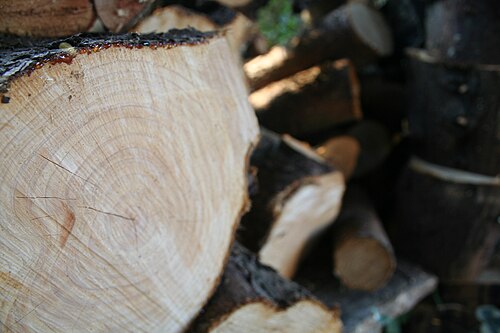Galleonnoun
(nautical) A large, three masted, square rigged sailing ship with at least two decks.
Galleonnoun
A sailing vessel of the 15th and following centuries, often having three or four decks, and used for war or commerce. The term is often rather indiscriminately applied to any large sailing vessel.
Galleonnoun
a large square-rigged sailing ship with three or more masts; used by the Spanish for commerce and war from the 15th to 18th centuries
Galleonnoun
a sailing ship in use (especially by Spain) from the 15th to the 18th centuries, originally as a warship, later for trade. Galleons were typically square-rigged and had three or more decks and masts
Galleon
Galleons were large, multi-decked sailing ships first used as armed cargo carriers by European states from the 16th to 18th centuries during the age of sail and were the principal vessels drafted for use as warships until the Anglo-Dutch Wars of the mid-1600s. Galleons generally carried three or more masts with a lateen fore-and-aft rig on the rear masts, were carvel built with a prominent squared off raised stern, and used square-rigged sail plans on their fore-mast and main-masts.
Timbernoun
(uncountable) Trees in a forest regarded as a source of wood.
Timbernoun
Wood that has been pre-cut and is ready for use in construction.
Timbernoun
(countable) A heavy wooden beam, generally a whole log that has been squared off and used to provide heavy support for something such as a roof.
Timbernoun
The wooden stock of a rifle or shotgun.
Timbernoun
(archaic) A certain quantity of fur skins (as of martens, ermines, sables, etc.) packed between boards; in some cases forty skins, in others one hundred and twenty. Also timmer, timbre.
Timberinterjection
Used by loggers to warn others that a tree being felled is falling.
Timberverb
(transitive) To fit with timbers.
Timberverb
To construct, frame, build.
Timberverb
To light or land on a tree.
Timberverb
(obsolete) To make a nest.
Timberverb
(transitive) To surmount as a timber does.
Timbernoun
A certain quantity of fur skins, as of martens, ermines, sables, etc., packed between boards; being in some cases forty skins, in others one hundred and twenty; - called also timmer.
Timbernoun
The crest on a coat of arms.
Timbernoun
That sort of wood which is proper for buildings or for tools, utensils, furniture, carriages, fences, ships, and the like; - usually said of felled trees, but sometimes of those standing. Cf. Lumber, 3.
Timbernoun
The body, stem, or trunk of a tree.
Timbernoun
Fig.: Material for any structure.
Timbernoun
A single piece or squared stick of wood intended for building, or already framed; collectively, the larger pieces or sticks of wood, forming the framework of a house, ship, or other structure, in distinction from the covering or boarding.
Timbernoun
Woods or forest; wooden land.
Timbernoun
A rib, or a curving piece of wood, branching outward from the keel and bending upward in a vertical direction. One timber is composed of several pieces united.
Timberverb
To surmount as a timber does.
Timberverb
To furnish with timber; - chiefly used in the past participle.
Timberverb
To light on a tree.
Timberverb
To make a nest.
Timbernoun
the wood of trees cut and prepared for use as building material
Timbernoun
a beam made of wood
Timbernoun
a post made of wood
Timbernoun
land that is covered with trees and shrubs
Timbernoun
(music) the distinctive property of a complex sound (a voice or noise or musical sound);














